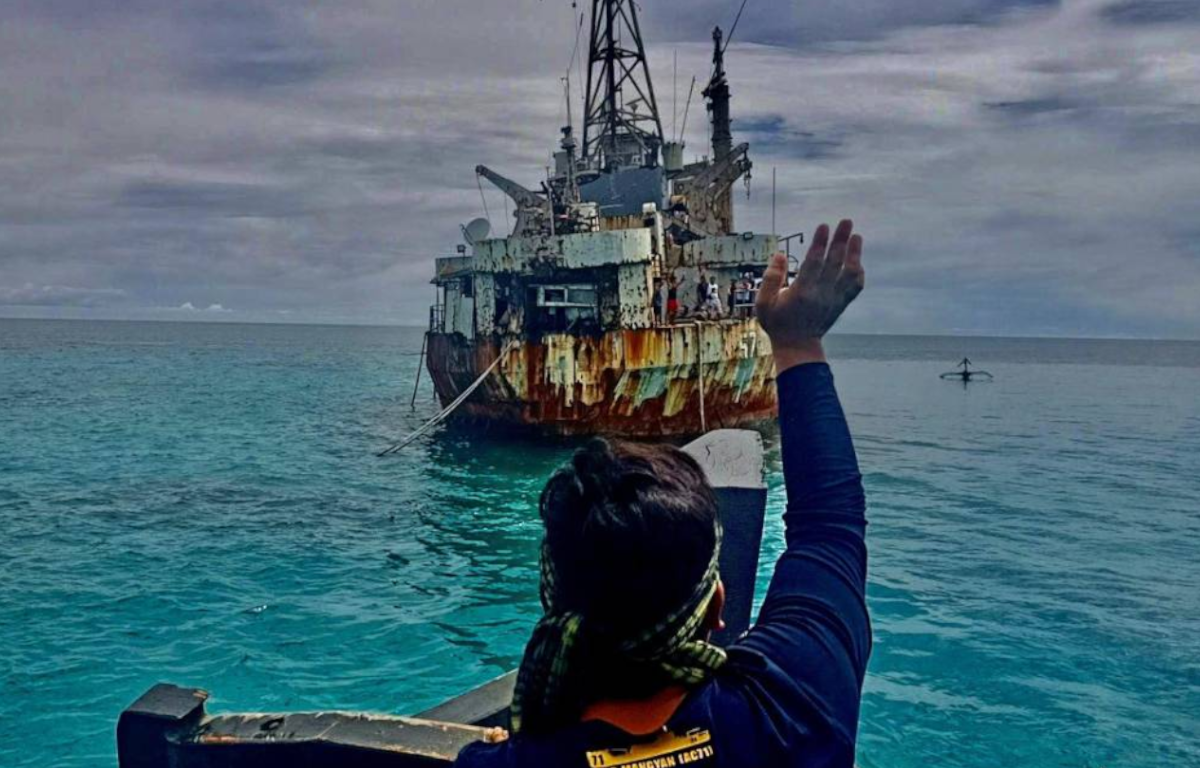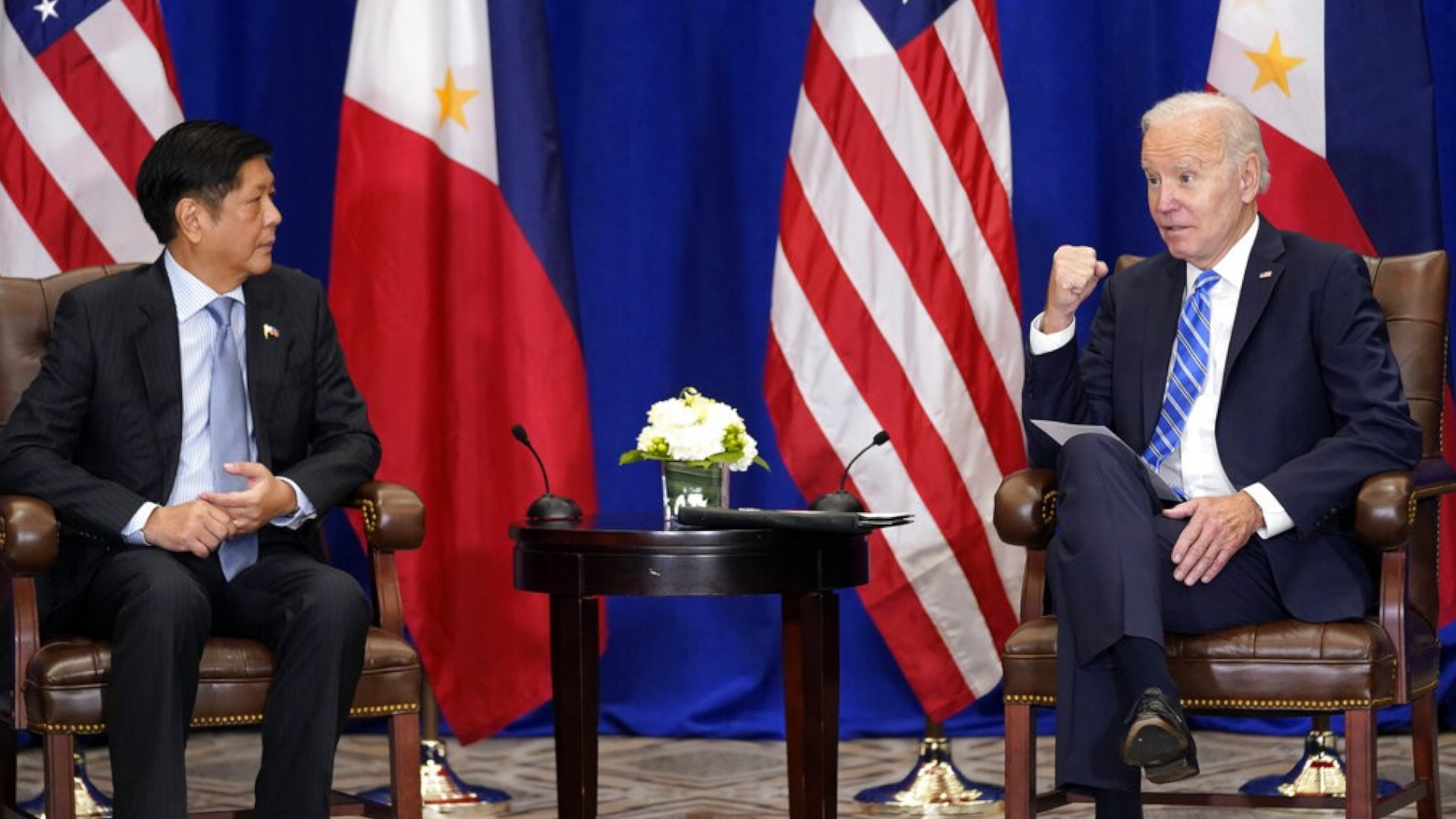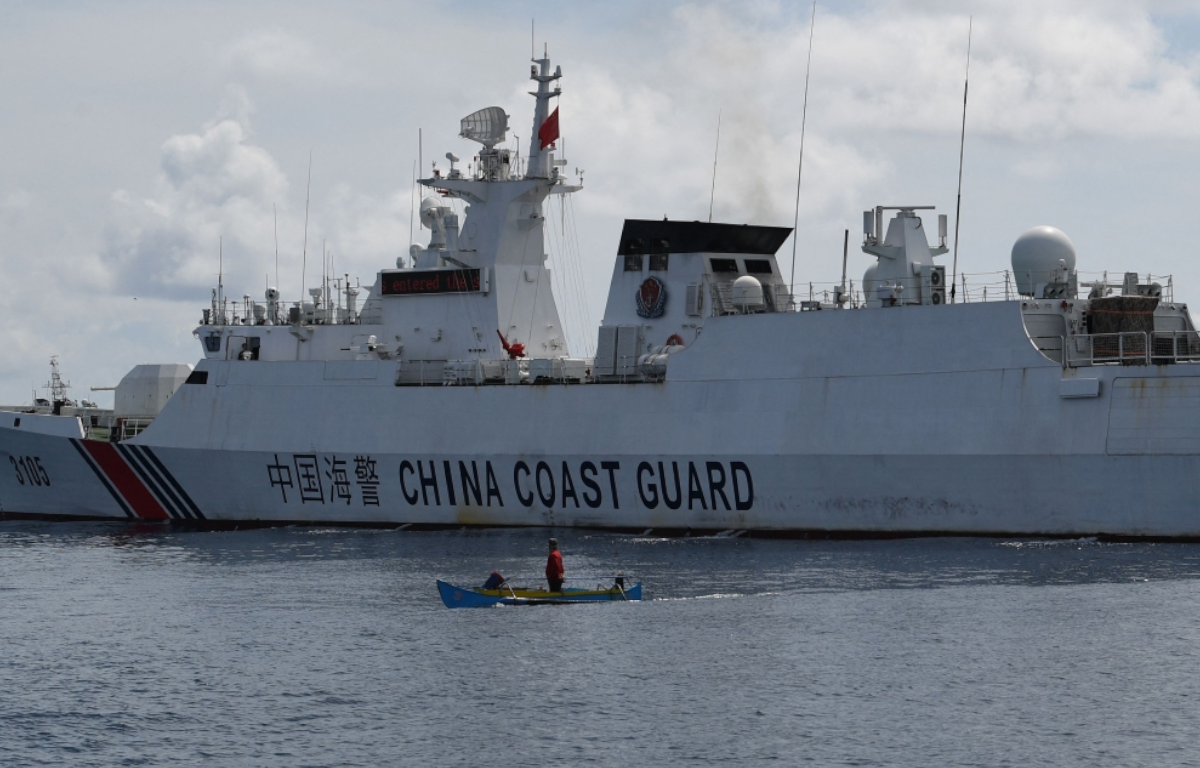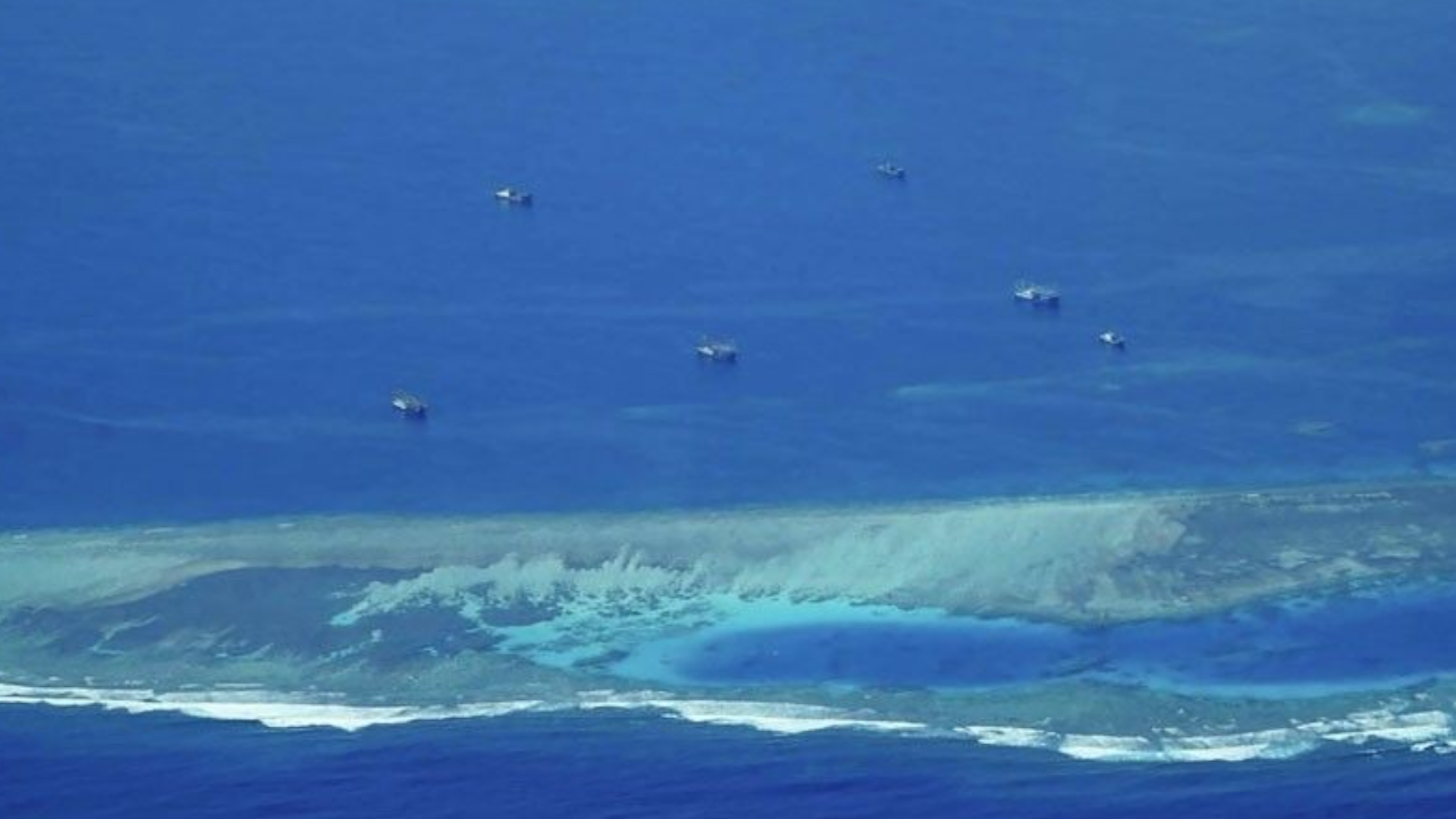
The South China Sea dispute revolves around competing territorial claims and sovereignty over numerous islands and reefs. China’s assertiveness in these claims, particularly its expansive “nine-dash line” assertion, has raised concerns globally. These claims overlap with the exclusive economic zones (EEZs) of neighboring nations, fueling longstanding disputes and drawing the ire of the international community, including the United States and its allies.
The joint military exercises, known as “Exercise Malabar,” were conducted to enhance interoperability and bolster defense cooperation among the participating countries. Japan’s participation is noteworthy, signaling a shift from its traditionally more pacifist stance as it responds to China’s growing influence in the region. Meanwhile, the United States reaffirms its commitment to regional security and cooperation with allies like the Philippines, which itself seeks a delicate balance between territorial disputes and neighborly relations with China.
China, in response, has reacted with caution and criticism. Beijing opposes any external military presence in what it considers its sovereign territory, viewing such actions as provocative and a violation of its territorial integrity. This underscores the central challenge in the South China Sea dispute – reconciling diplomatic and peaceful resolutions with territorial claims and maritime rights rooted in history and regional influence.
Moving forward, resolving the South China Sea dispute necessitates careful diplomacy, dialogue, and a commitment to international law. Recent military exercises underscore the intricate web of alliances and interests in the region, further emphasizing the need for diplomatic solutions. Strengthening diplomacy, considering international mediation, establishing conflict avoidance mechanisms, and upholding international law are essential steps towards stability and resolution.
The South China Sea remains a critical focal point in global geopolitics. It is only through constructive engagement and diplomatic efforts that the involved nations can hope to find a lasting resolution to this multifaceted and longstanding issue, preventing further escalation and maintaining regional stability.










Share this: